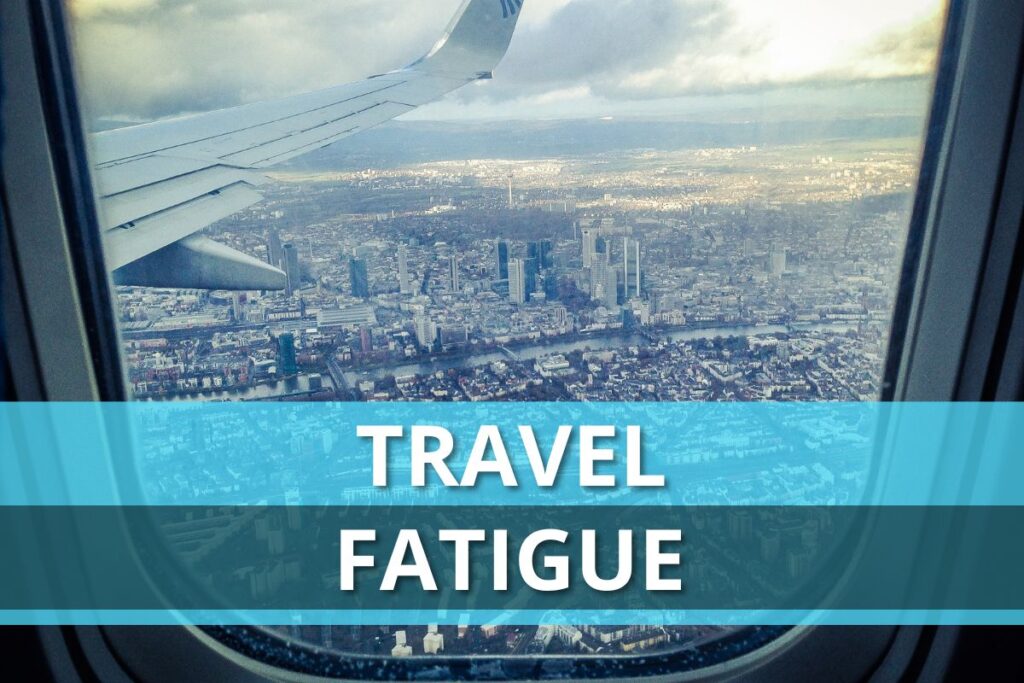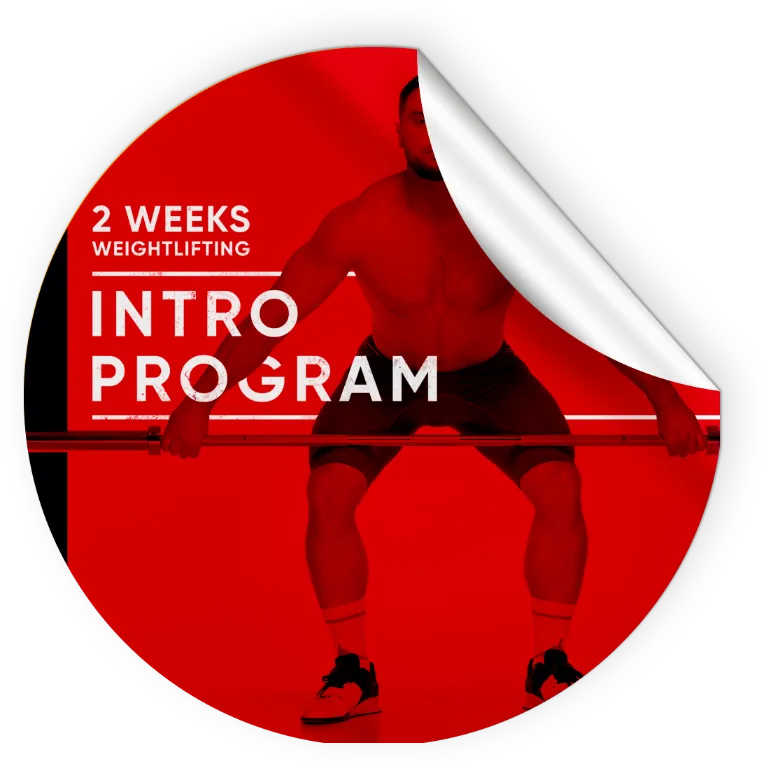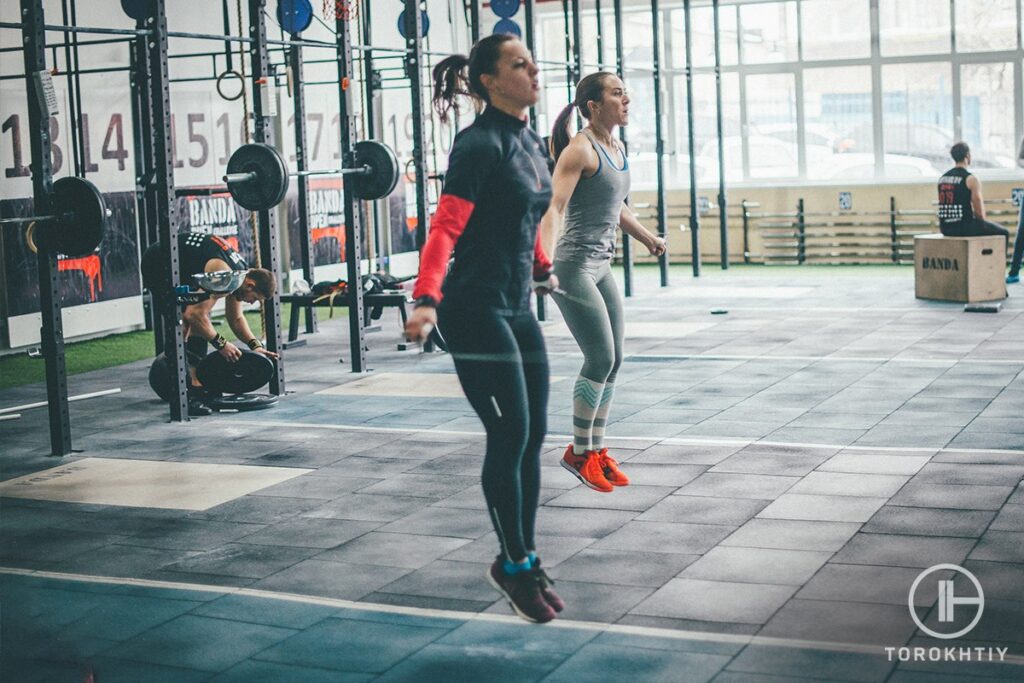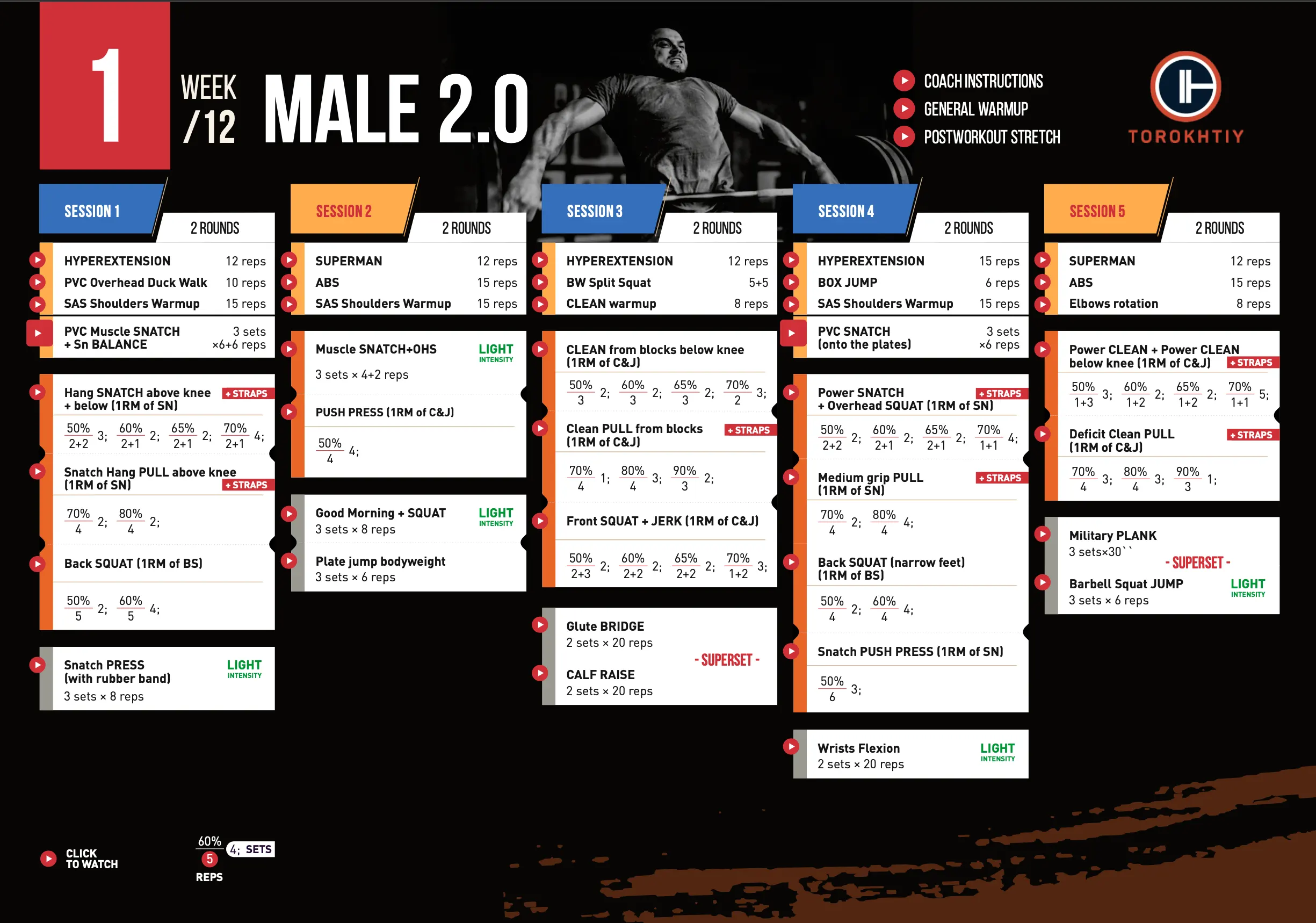Travel Fatigue
Author:
Unlock your full potential by engaging with our experts and community! Have questions about your fitness journey or looking for expert advice on weightlifting techniques? Don’t hesitate — leave a comment below and Sergii Putsov will provide a personalized answer and insights to help you reach your goals.
Torokhtiy is reader-supported. Some links are affiliate links, and we may earn a commission at no extra cost to you. See our disclosure page for details.

A lot of sports physicians, coaches and athletes pay great attention to the problem of resynchronizing their circadian rhythms after long flights to places of preparation and competitions. It really is an important issue, which I feel uniquely qualified to tell you about, because for ten years spent in the national team I flew around the world, and now I continue to do the same. However, there is one more imperceptible nuance to this problem created by the combination of factors related to preparation for flight, the flight itself and the athlete adapting to the new conditions – it is “travel fatigue”.
Travel fatigue can have a seriously negative impact on the athlete’s body, adversely affecting his health and performance. This can occur from short-term flights, not associated with significant changes in time zones, as well as when travelling by other modes of transport.
Follow us!

Free!
Get a 2-week Weightlifting Program as a bonus for the subscription to kickstart your training plan!

Free!
Moves and flights are connected with a lot of, as it may seem, insignificant difficulties and inconveniences that can disrupt an athlete’s habitual lifestyle, affect the effectiveness of the training process and, even worse, competitions. Among these difficulties: changing the usual routine of the day, meal schedules, moving to the airport or railway station, choosing a successful flight, connecting flights, waiting, registering, luggage, customs and passport control, coming to a new place, adapting to living conditions, training and competitions. Again, at first glance, these are usual things, but when you are preparing for important competitions – everything matters.
The result of these factors can be irritation, disorientation, headache, increased excitement, insomnia, fatigue, decreased workability and more. All these symptoms may not show up or might be mitigated if prepared for and well-thought out in advance: advance preparation for flight, proper selection of clothing, rational nutrition during the flight, taking rest after arrival at the site.
You may like it:
- Detailed Olympic Weightlifting Program For Beginners
- 12-Week Weightlifting Program For Women (Detailed Example)
- Create Your Olympic Weightlifting Program (Examples Included)

Preparing for a flight or relocation, thoughtful attitude to the choice of flights, selection of clothes, departure to the airport, not being rushed or feeling panic, allow yourself to minimize the impact on the athlete of all kinds of difficulties that cause travel fatigue.
Immobility during long flights or crossings in buses leads to restriction of blood circulation, especially in the lower limbs. To prevent negative events, you should walk around periodically, perform various dynamic and isometric exercises while sitting in the chair, make short-term stops if you travel by car. Sleep is recommended only in those cases when the flight time corresponds to the night time at the point of arrival. In all other cases, sleep in an airplane or bus should be avoided.
Without a doubt it’s impossible to foresee everything, and even if a «force majeure» happens, the athlete must find the strength and will to perform at their best. Preparation is the essence of resistance to all the confounding factors!
It is in your power to minimize risks and travel fatigue!
Ever since childhood I have remembered my coach’s joke: «Four things can not be forgotten for competitions: passport, lifting shoes, snatch and clean & jerk!”
Train together – train right!
Related articles:
- 5 Tips For Receiving Position In Snatch
- «How To» Choose Your Training Program
- Training Camp: The Why
You might be interested in:
Why Trust Us?
With over 20 years in Olympic weightlifting, strength training, nutrition coaching, and general fitness our team does its best to provide the audience with ultimate support and meet the needs and requirements of advanced athletes and professional lifters, as well as people who strive to open new opportunities and develop their physical capabilities with us.
By trusting the recommendations of our certified experts in coaching, nutrition, and sports training programming, as well as scientific consultants, and physiotherapists, we provide you with thorough, well-considered, and scientifically proven content. All the information given in the articles concerning workout programming, separate exercises, and athletic performance, in general, is based on verified data.
The product testing process is described in more detail here.
Author: Sergii Putsov
Head of Sport Science, PhD
Best Results: Snatch – 165 kg,
C&J – 200 kg
Sergii Putsov, Ph.D., is a former professional weightlifter and National team member, achieving multiple medals in the 94 kg weight category at national competitions. With a Master’s degree in “Olympic & Professional Sport Training” and a Sport Science Ph.D. from the International Olympic Academy, Greece, Sergii now leads as the Head of Sport Science. He specializes in designing training programs, writing insightful blog articles, providing live commentary at international weightlifting events, and conducting educational seminars worldwide alongside Olympic weightlifting expert Oleksiy Torokhtiy.




Still have questions after reading our article? Unlock your full potential by engaging with our experts and community! Don’t hesitate — leave a comment below and Sergii Putsov will provide a personalized answer and insights to help you reach your goals.